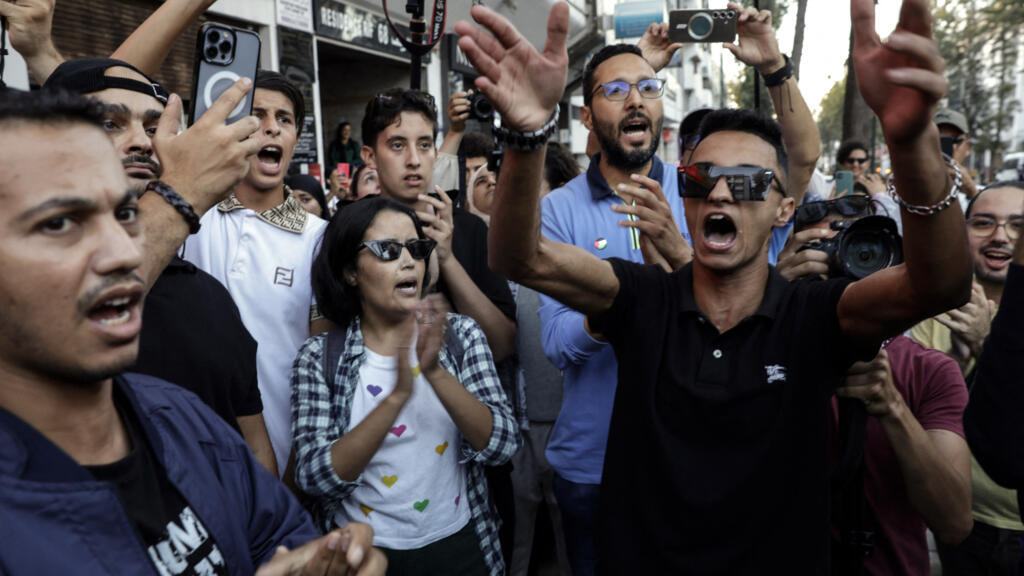
The decision, shared through the movement’s official channels, cites “respect due to the King” and an “unwavering commitment to institutions,” signaling a possible first lull after weeks of social unrest.
On its Facebook page, GenZ212 explained that the pause reflects a “deep sense of national responsibility” and a desire to demonstrate respect for the monarchy and the country’s institutions.
The movement, largely composed of young social media activists, has been at the forefront of mobilizations demanding reforms in health, education, and employment over the past several weeks.
Several members of the movement noted that the suspension aims to “give the authorities time to fulfill their commitments.” Analysts suggest this symbolic gesture could open the door to more structured dialogue between young people and state institutions, potentially marking a new phase of engagement rather than confrontation.
Observers also draw historical parallels with earlier movements in Morocco and the wider Maghreb.
The recent wave of demonstrations echoes mobilizations during the Arab Spring of the early 2010s, when mass protests led to the fall of long-standing regimes in Tunisia and Libya, while Morocco opted for institutional reforms to avoid political instability.
In Morocco, the February 20 Movement in 2011 culminated in a revised constitution that strengthened government powers while preserving the central authority of the monarchy.
Many GenZ212 participants cite this precedent as a guiding framework, explaining their cautious approach and emphasis on avoiding escalation.
While the social climate remains tense, the movement’s decision to temporarily suspend protests is being interpreted by analysts as an opening for dialogue and a potential path toward incremental reform.
The coming days will test whether this gesture can translate into sustained engagement between citizens and Moroccan institutions, and whether it will help ease the recent period of societal strain.



